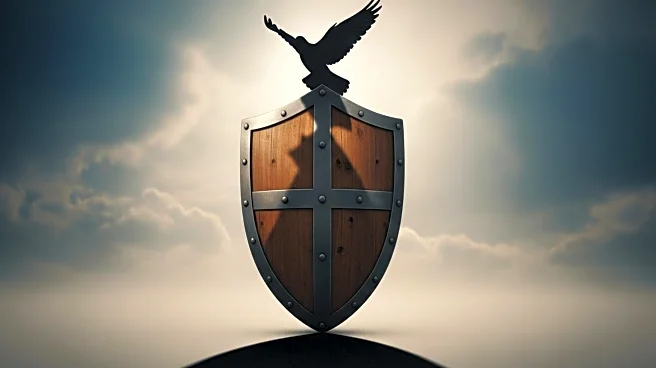What is the story about?
What's Happening?
Hamas is reasserting control over parts of Gaza not occupied by Israeli forces as a ceasefire takes hold. The group has been conducting operations to locate and arrest alleged collaborators and informants, with reports of clashes between Hamas and opposing clans. Hamas has declared a week-long amnesty for members of criminal gangs not involved in bloodshed. However, its control is challenged by several clans, particularly in southern Gaza, where groups like the Popular Forces refuse to disarm. The situation remains tense, with ongoing clashes and uncertainty about future security arrangements.
Why It's Important?
The reassertion of Hamas control in Gaza highlights the fragile nature of the ceasefire and the complex security dynamics in the region. The group's actions to consolidate power could impact future peace negotiations and the stability of Gaza. The refusal of some groups to disarm poses challenges to the implementation of international peace plans, including those proposed by President Trump. The situation affects regional security and has implications for humanitarian efforts and the reconstruction of Gaza.
What's Next?
The future security and policing arrangements in Gaza remain uncertain. The international community, including Jordan and Egypt, is expected to play a role in training and supervising new police forces. However, the establishment of an International Stabilization Force could take months, given the humanitarian crisis and infrastructure damage. The ongoing clashes and refusal of some groups to disarm may complicate these efforts.
Beyond the Headlines
The situation in Gaza raises ethical and legal questions about the treatment of alleged collaborators and the use of force by Hamas. The group's actions could lead to long-term shifts in power dynamics within Gaza and affect the broader Israeli-Palestinian conflict.















